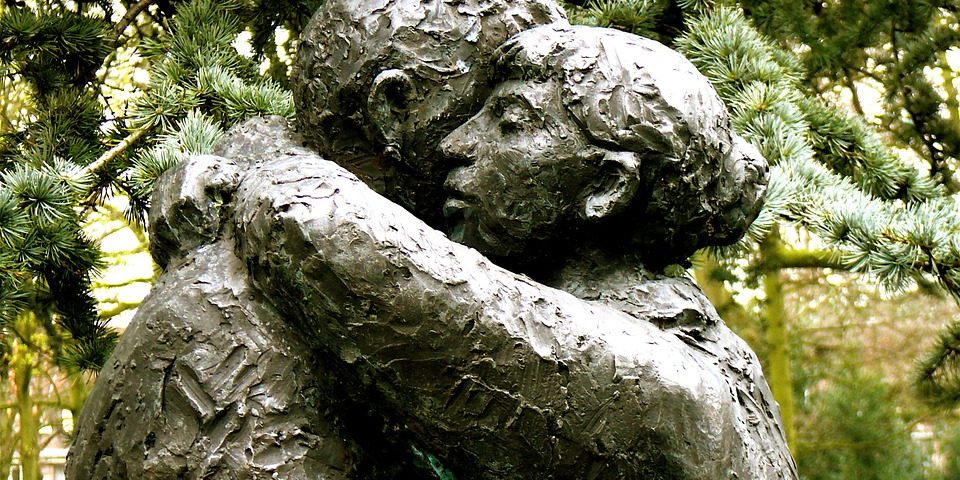“Then the celebration began.” -Luke 15:24
This line has always hit me, this obscure detail in the story of the prodigal son. “Then the celebration began,” Jesus says—the party, the fatted calf. All had been prepared; the joy of the father had done it all. The prodigal son had come home, repented, returned. Safe with his dad again, all’s well again. Only then did the celebration begin, real joy, not fake: only after reunion, reconciliation.
It’s the timeline that strikes me. After the son turns around, after the father greets him, only then does the celebration begin. This is a story about us, about sin and mercy; it’s the story of how each of us are sinners and that all we need to do is turn around to find the Father finding us. It’s a story about repentance and grace, about how all we need to do is to be open to change. Metanoia, repentance, means to change one’s mind. That’s the lesson for us, I think, the wisdom of the prodigal son.
It’s what comes first, before celebration. “Then the celebration began,” it says, that is, after repentance. This is often what we get wrong. When we think of the Church, of Christianity, often we don’t see celebration, we don’t experience it. But that’s because we’re seeking the joy of celebration out of order in a way, that is, without repentance. We forget repentance, or we try to skip it because we think it’s unpleasant. But it’s repentance which leads to joy; only then does celebration begin. If the son never thought better of his life, never turned around, he’d never have found his father, much less the party. The prodigal son had to turn around; that’s key to the story. And key for us too.
And so, the question for is this: Can we follow the prodigal son? Are we as wise as he in embracing repentance? Or, do we think we have a right to joy without first changing our lives? Do we have the guts to turn around and risk change? If we want the joy of the Father, we must do as the prodigal son did. We must quit trying to practice Christianity without repentance; that only leads to joyless fake faith. The prodigal son was a sinner like us, but he was wise because he risked change. May we be as wise as he, so our sins can be wiped away by the joy of the Father too. Because it’s joy each of us wants, and which the Father wants to give us. Because it’s his joy too.










